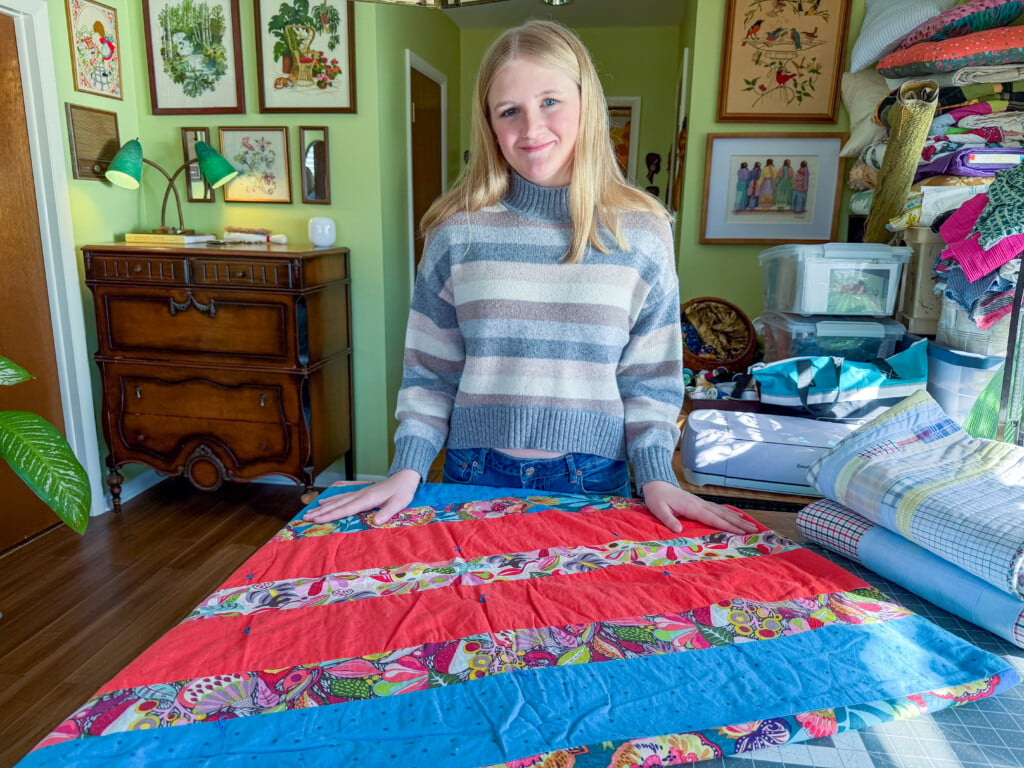Seeking Help for Developmental Delays

Being a parent brings so many opportunities to worry about things. Most of these worries are easily resolved or addressed without a fuss. There are some concerns, however, that feel insurmountable or cause us to freeze. Often, these particular struggles are complicated by a lack of control. Nothing comes to my mind in the “out of my control” column more than the subject of potential developmental delays in infants and toddlers.
Even as an early childhood educator and experienced mother, I’ve often looked at my children and asked myself, “Should she be doing that? When is she supposed to do this? Is this behavior normal?” It’s normal to worry about your young child. But what can we do to move past this state of unease to informed action?
A good first step for any concern regarding your child’s development is a chat with a professional you trust, like their pediatrician or childcare teacher. At your scheduled well-child visits, your little one’s doctor will ask questions to help rule out any issues or delays. Writing a note with your own questions or observations before the visit can help you remember what you wanted to ask, even as you wrangle a wriggling little person in your lap.
As you leave, you may be given printouts from a source such as the Centers for Disease Control or World Health Organization addressing forthcoming milestones and red flags for developmental issues. Use these simple resources to educate yourself and soothe your mind before more questions and changes inevitably come from your growing child.
SoonerStart
What happens if your child does have a delay? You’ll be relieved to know there are resources already lined up to assist you. One of these programs you have access to (at no cost) is SoonerStart. Through my work, I recently had the privilege of visiting with Kimberly Percival, a child development specialist working with SoonerStart. We had a lively discussion all about child development (It is nice to meet another person who geeks out about pincer grasp), and she agreed to share some information with me about the life-changing program she works for.
Here is some of our edited conversation:
Alicia: Can you describe what you do?
Kimberly: I do home/daycare visits with children who have developmental delays. I work with the child and the family during their daily routines and activities to accomplish goals determined by the family and myself when they enter the program. Most goals involve helping children to reach developmental milestones, reduce problem behaviors or enhance areas that will benefit the child or family.
Alicia: You mentioned an app you like. What is that called?
Kimberly: CDC’s (Center for Disease Control) Milestone Tracker. [It’s a] great app for parents that is research based.
Alicia: Do you have any advice for parents navigating this or new to working through delays?
Kimberly: Developmental delays do not define your child or your child’s potential. They are one part of the picture. Seek out professionals who include parents as a valuable part of the team. No one knows your child better than you. Contact your pediatrician or SoonerStart if you suspect delays. Early intervention can make a significant difference.
As I visited with Kimberly and reviewed the information she shared with me about SoonerStart, I felt comforted that each and every Oklahoma child has access to informed and passionate professionals who have made it their life’s work to support them and their families through all manner of challenges and obstacles.
No one wishes to undertake the journey of guiding their child through developmental delays, but with the help of good resources, parent education and early intervention, we all stand a good chance to flip the script and overcome these obstacles. For more information about SoonerStart, visit their website at sde.ok.gov/soonerstart.
Many thanks to Kimberly Percival for sharing more about this program with me. I hope all families remember that when it comes to your child, it’s never too early to reach out for help.
 Alicia Kobilnyk is an Early Childhood Educator who works with young toddlers. She finds joy and inspiration to write in their cheeky shenanigans, as well as those of her three daughters.
Alicia Kobilnyk is an Early Childhood Educator who works with young toddlers. She finds joy and inspiration to write in their cheeky shenanigans, as well as those of her three daughters.




